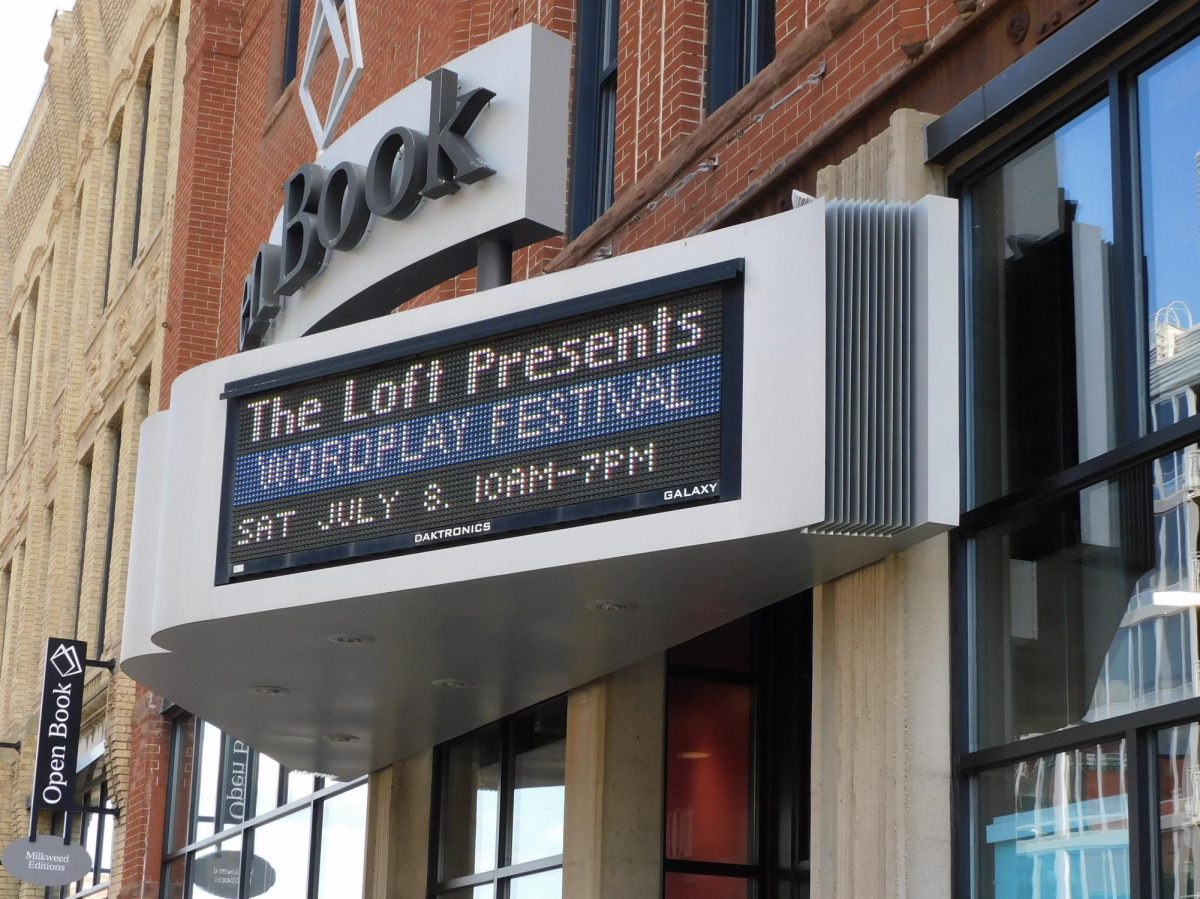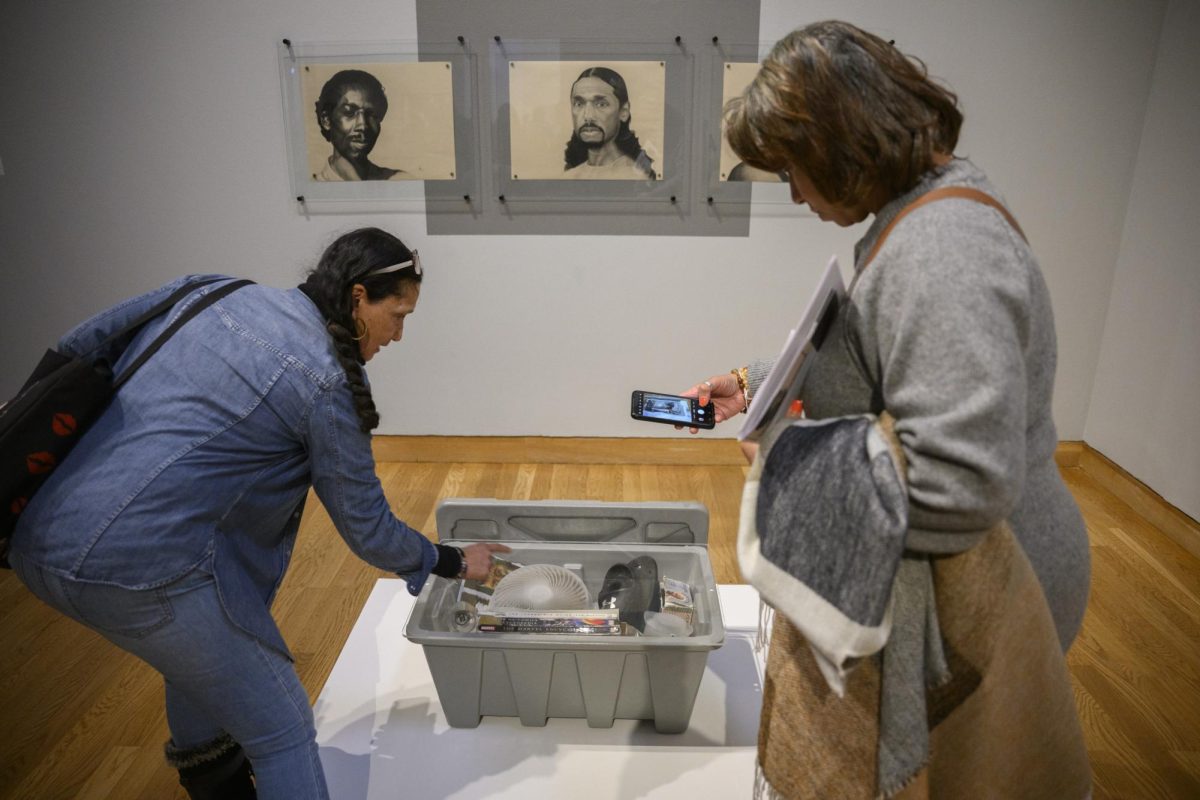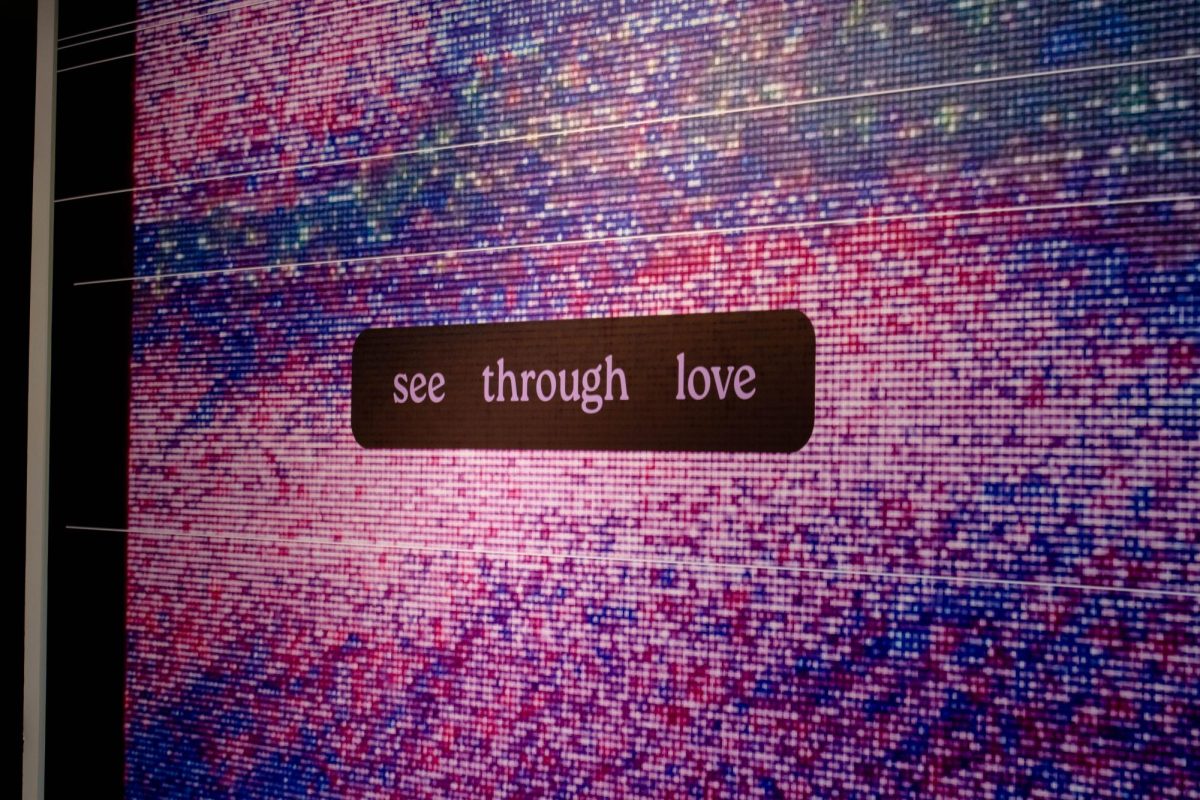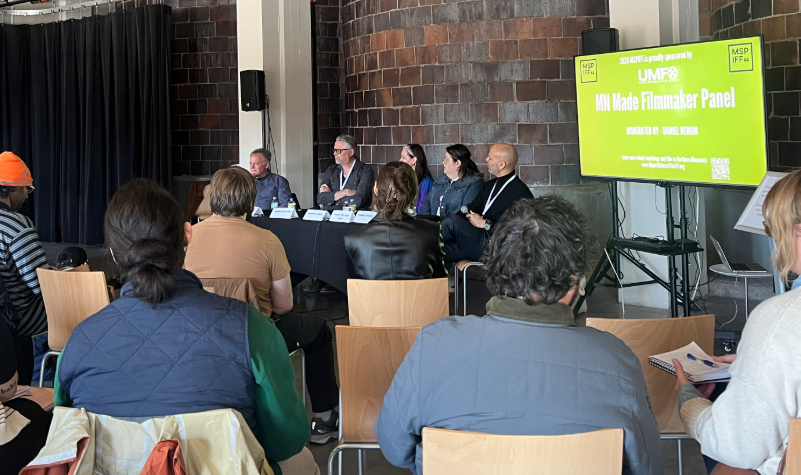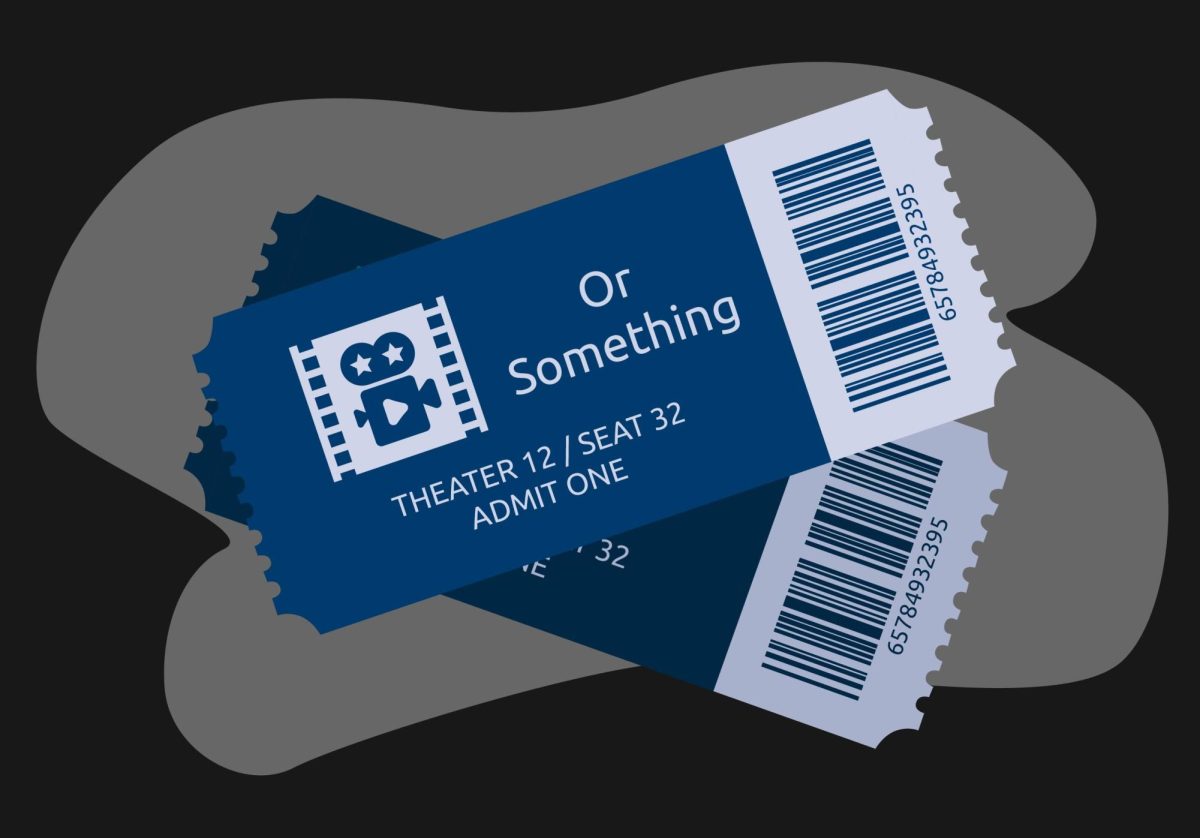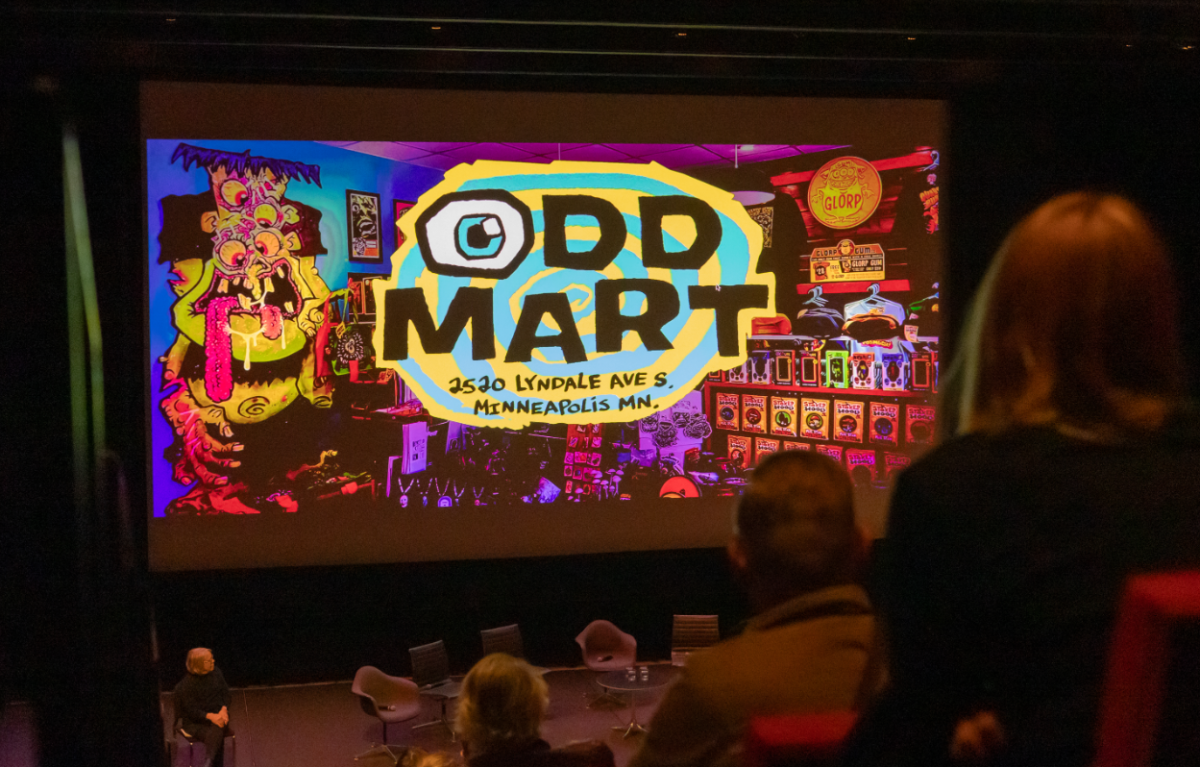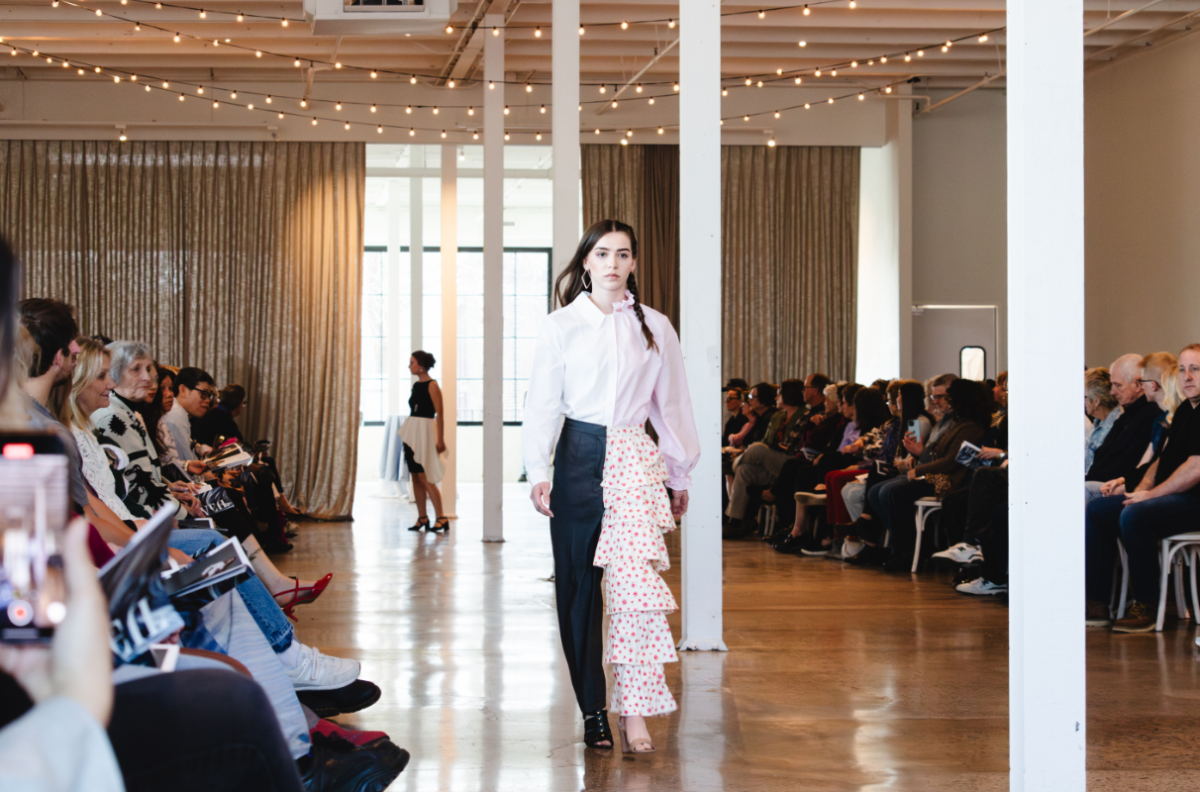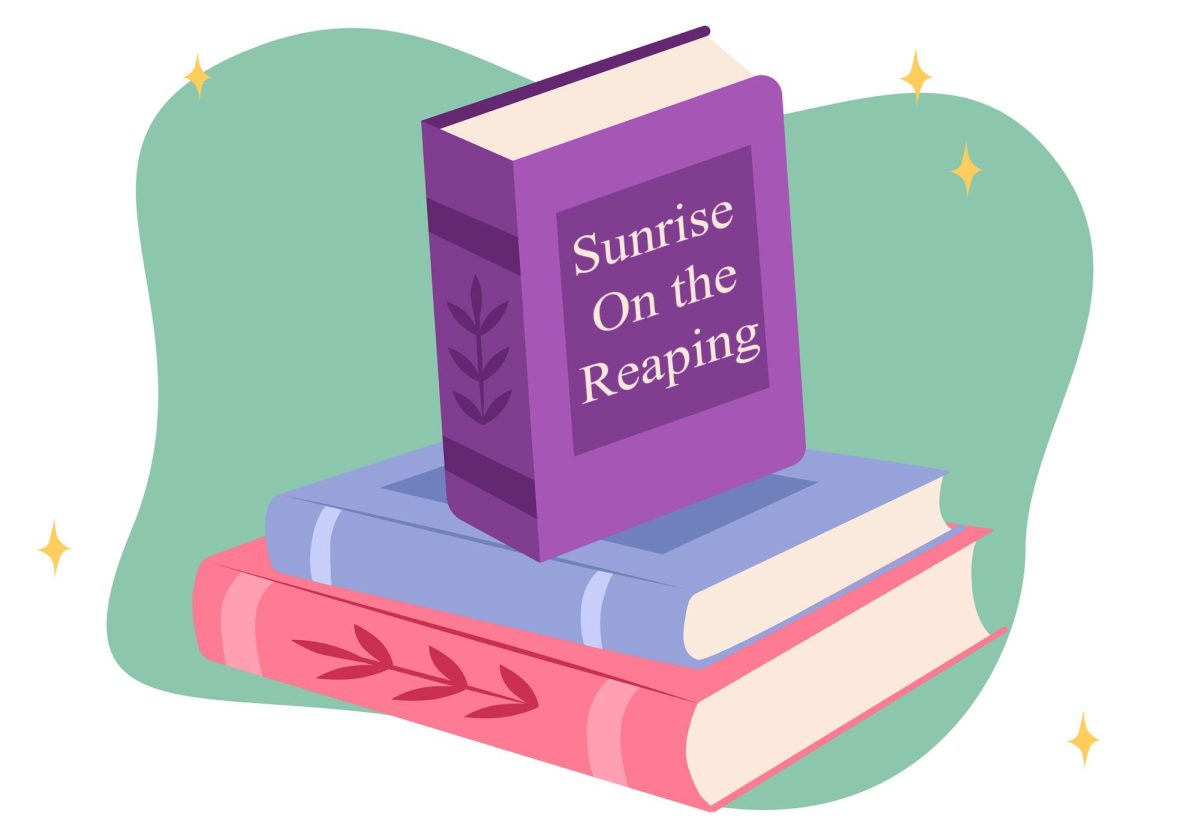The Loft Literary Center’s Wordplay festival returned in full swing on July 8 after four years of virtual events. With an outstanding author lineup, book-related vendors and streets full of literature lovers, the celebration was a reader’s dream.
Since its founding in 1974, the Loft has served as a haven for writers and readers from the Twin Cities and beyond. They offer workshops, readings and events like Wordplay to foster a thriving, active literary community.
Thanks to organizations like the Loft, Minneapolis has one of the richest literary cultures in the country.
“This is a really good place to be a writer,” Antonia Angress, author of “Sirens & Muses” and graduate of the University of Minnesota’s Master of Fine Arts program, said. “There’s a lot of other writers, a lot of independent bookstores and literary events, and a lot of government support for the arts. It sort of feels like this hidden gem.”
Wordplay’s main attraction was the variety of panels featuring both local and national writers. These took place across several stages located on festival grounds and inside the Loft space off Washington Avenue in downtown Minneapolis.
Angress, alongside trailblazing writer Eileen Myles and Krista Burton, author of the nonfiction book “Moby Dyke,” was a featured panelist in a discussion on writing LGBTQ+ experiences. The three writers talked about finding community, pushing against harmful political narratives with literature and how representation is vital in challenging times.
Myles, who has been a part of queer history for decades, explained when they did not know if LGBTQ+ communities would find a place in this country, writing was especially cathartic.
“I didn’t know if there was a future, I just knew there was a present, and I wanted to represent it,” Myles said.
“Writing Queer: The Importance of Queer Voices” was one of many panels centered on the Loft’s festival theme this year, “Narrative Power.” Director of Special Events Shahenda Helmy discussed this theme and how the team implemented it in the 2023 Wordplay festival.
“It’s inspired by a quote from Toni Cade Bambara that goes, ‘The job of the writer is to make the revolution irresistible,’ so that was our inspiration behind looking for authors and curating these panels that would inspire revolution in all people,” Helmy said. “We were thinking about authors who use their work to push movements for social change.”
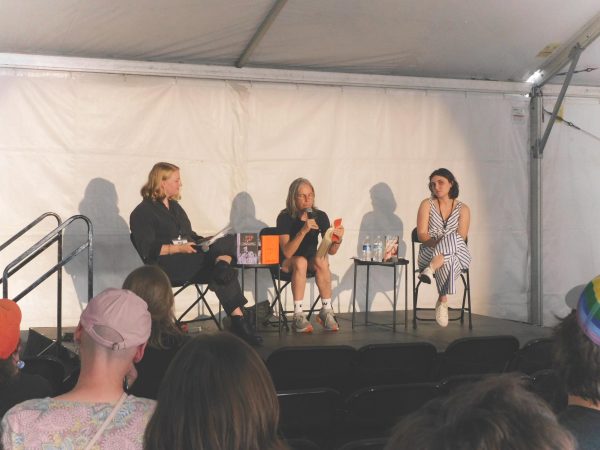
A panel called “The Memories We Hold: Black Womanhood in America” featured Mahogany L. Browne, Lyzette Wanzer and Carolyn Holbrook, who discussed the politicization of Black women’s hair.
“Black women cannot get out of girlhood without having some kind of traumatic experience regarding their hair — it’s universal,” Browne said.
“Embodied Literature: How Our Bodies (Dis)Connect Us From Who We Are,” “Climate Change in Literature” and “It Ran In My Family Until It Ran Into Me: Confronting Generational Trauma” were just a few of the many other topics explored at Wordplay.
Event planners prioritized the inclusion of Minnesota-based authors. They mixed local voices with established national names, encouraging a melding of 30+ unique perspectives.
“It highlights all the incredible authors who call Minnesota home, but it’s also an opportunity to bring in outside authors and have this huge concentration of talent and ideas in a single place,” Angress said.
Because of the relevant theme, Wordplay is not just a place for book lovers. It is also a safe and empowering space for people to bring tough questions and reflect on experiences.
“Even if you don’t consider yourself a reader, the conversations that are happening on stage are conversations that we know are relevant to people,” Helmy said. “Absolutely this is a book event for book people, but it’s also an event for Minneapolis residents who are looking for something really fun and engaging to do on a beautiful Saturday in July.”


